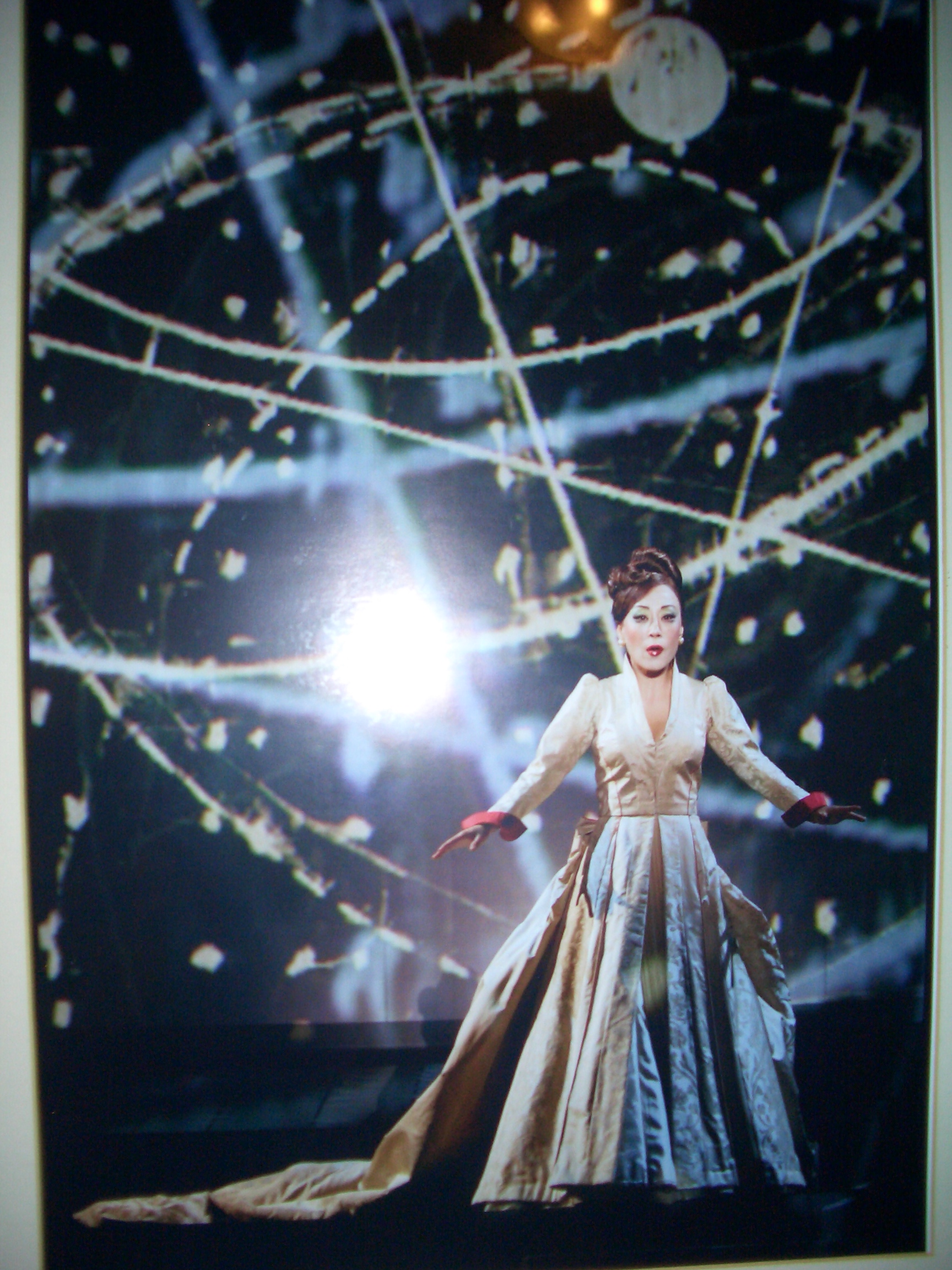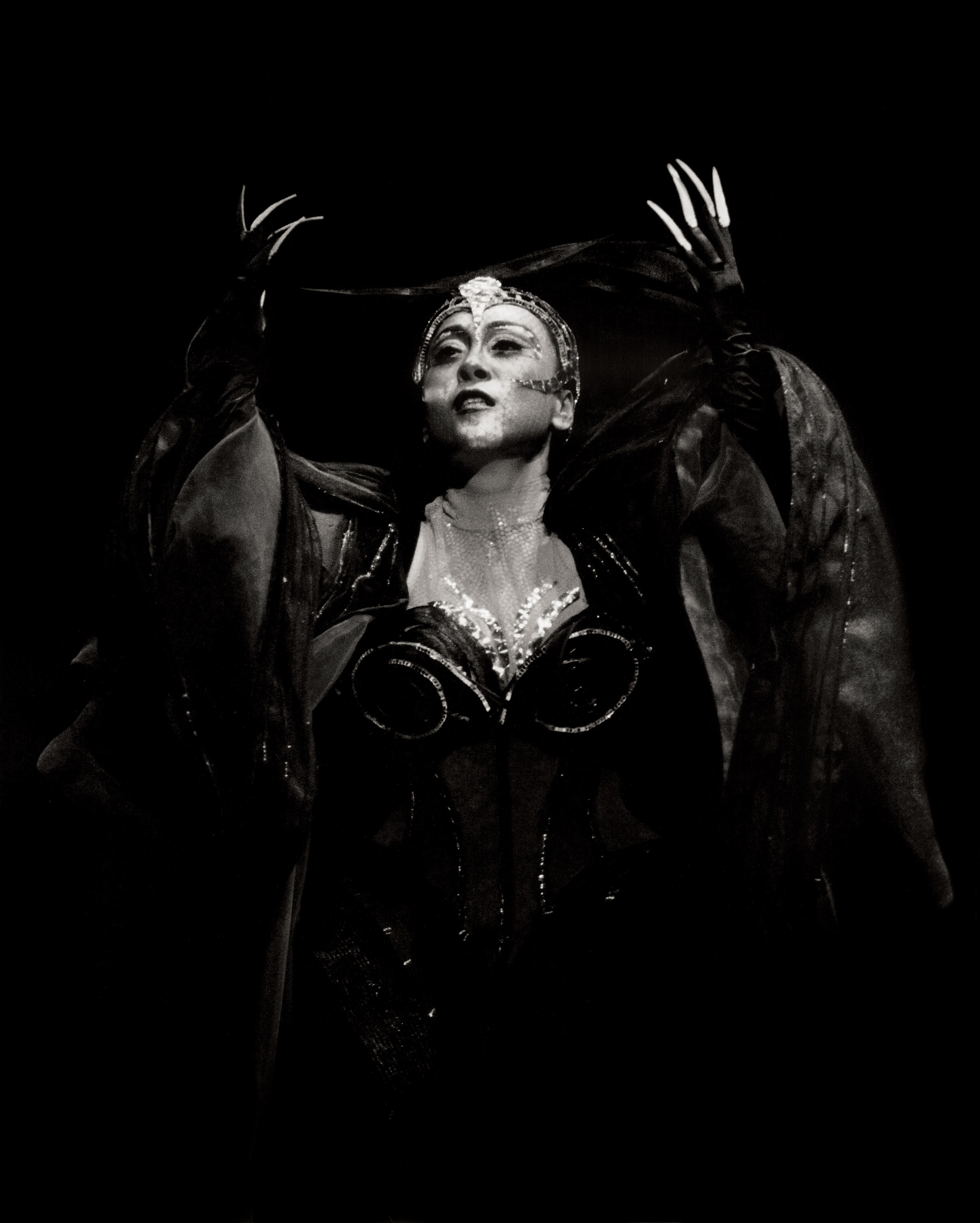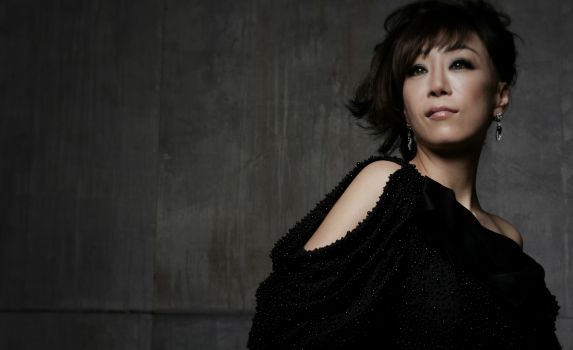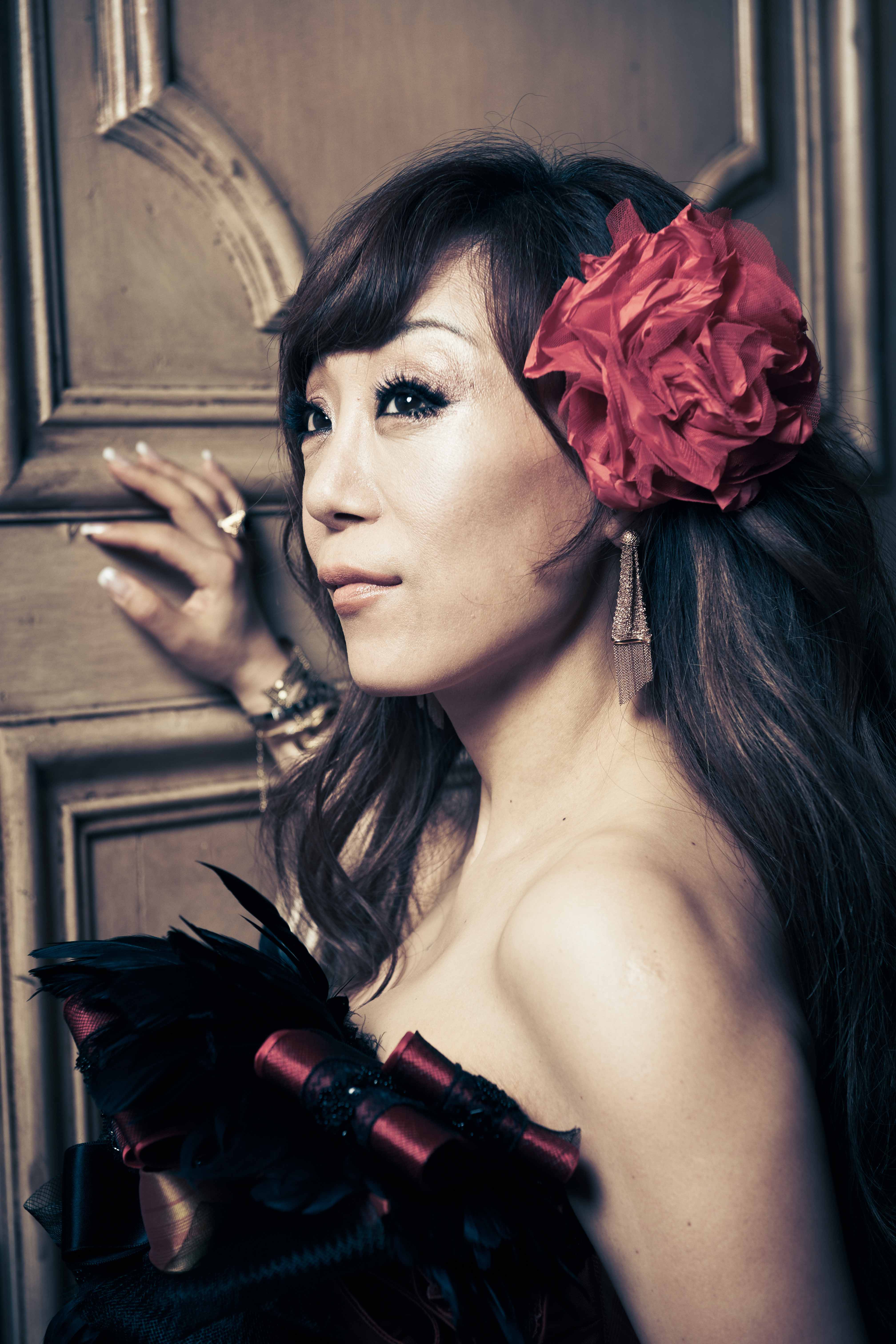An Interview With Grammy Award Winner Sumi Jo
Sumi Jo was born Jo Su-gyeong. She is a lyric colotura soprano opera singer, which means when she sings she will often switch between very high notes. Sumi Jo began taking music lessons as a young child; she was put on a strict regimen and would practice for hours every day. She later went on to study at Sun Hwa Arts School, Seoul National University and the Accademia di Santa Cecilia in Rome. She made her European debut in 1986 in Rigelletto, and continued to preform operas throughout the European continent. She has also appeared on the small screen; in 2011 she provided the singing voice for Veda Pierce for Mildred Pierce on the HBO mini-series, Mildred Pierce. Sumi Jo has also appeared in the movies, she was nominated for a 2016 Academy Award for her performance of David Lang’s “Simple Song Number 3” in the film Youth. She currently lives in Rome and has two dogs.
SJ: How did you find yourself drawn to music?
SUMI JO : It was quite a long time ago but I still remember those early days as like they were yesterday. As far as I remember, I was quite a talented kid from my elementary school days.I was good at drawing dancing, traditional Korean music, and piano. One day in 4th grade, I participated in a singing competition program, like America's Got Talent , held by the Korea Broadcasting Station - which is a National TV broadcasting station.I won first prize in national finals at the end of that year.One of the juries in the final competition suggested that I audition for the Classical Vocal school. That was how I got into the music industry.

SJ: What is your earliest memory of music?
SUMI JO: I must say it is the opera aria playing on the turntable that my mother always played music on. At that time, a kidlike me does not have any prejudice on the trends of music, which means I was young enough not to have any taste in music yet. My mother was such a fan of opera music especially opera arias. I was almost able to sing most of female arias with the correct Italian lyrics.
SJ: Tell us about the differences in your experiences studying in Seoul and Italy.
SUMI JO : It was quite a different experience. To be truthful, I was not very serious about my music, even after I was admitted to the Music School at Seoul National University. I knew I was better thananyone that I knew around me at that time and I enjoyed all the fun that a youth can enjoy neglecting academic studies.As a result, I was not in good shape in every aspect of school life and itcame to the point to where I received a very serious suggestion from my supervising professor to consider studying in Italy. At that time, I did not have many options to think about,even though my family would suffer financially if I went to Italy. I was not sure what to prepare for and what to study at first when I got there.I instantly realized what I have known about opera and singing until then had to be reviewed and restudied with my teacher in Santa Cecilia. I started to understand the essence of opera and Italian culture as well as the cultures from all the other countries associated with operatic activities.From the basics to the attitude of prima donna, it was such a fun and interesting period of my life, realizing how the world around me turns and what I have to do with it. All the people I have worked/studied with in Santa Cecilia were such great human beings with superior personality and musicianship. I appreciate all the people’s support on my studies in Italy and got me into real vocal studies there.
SJ: Since you debuted, what has been the primary motivation that has kept you active and devoted to your art?
SUMI JO:: I have been asked about this question so many times so that I am not sure if I am answering the same way as I would have answered long time ago. But, what I can surely say is my love of music. It is such a wonderful feeling that I can express emotions in the shape of vocal expression, first to satisfy the composer - as I study deeper, I tend to get the feeling of how and why the composer wrote this tune for the singer. Second is to satisfy myself and to financially satisfy audienceswho have various levels of understanding in music in genera,l and in this tune specifically. Once I started to sing, I observe my audience how they feel about my way of expression and instantly know how I am doing and how my audience is enjoying it.
SJ: Who are you inspired by?
SUMI JO: Quite a few people. As a singer, I admire Maria Callas, of course. I thoroughly studied her way of singing and expressing tragic life, ect and I found what I should do differently. I learned not to just learn how a star singer behaved but also to truthfully understand how my life has been as a person. Maestro Karajan, of course, was a big.... inspiration. He made me who I am standing in the business of singing. I still keep the promises I made with him when I auditioned for him long time ago.
SJ: What has been your proudest achievement?
SUMI JO: Usually, I was told that I made myself an opera diva out of such a difficult European environment. Of course, I love to hear such a good evaluation of my effort in classical music world. What I feel is more valuable to me (feeling even quite proud of myself) is quite personal - being a nice person with appropriate knowledge and understanding about music, history and a way of living in this world, how to contribute to the society, and how to love people in general. In other words, not getting to be a biased female opera star, but as a true person, as a member of this world. In music, I am proud to show people that I have not settledfor classical opera arias only, to be in a safe zone, but to have challenged hard to try out all the things in my vocal area of my interest. I wanted and tried to show who I really am as a vocalist.

SJ: What are your favorite locations to perform at?
SUMI JO: Mostly in Europe, since the level of understanding about what I do is high. So, I can really enjoy singing and communicating with the audience. [I like performing in] many Asian countries as well because the level of appreciation is much higher than any other audience in the world.
SJ: How do you take care of your voice?
SUMI JO: Nothing special. Obviously, I do all the things that an ordinary vocalist should to maintain good vocal condition. But nothing special. I try not to be exposed in a bad environment with bad air quality and cold temperature but expect if I am enjoying ordinary daily life.

SJ: What advice would you give to someone wishing to embark on a musical career?
SUMI JO: Young talents, these days there are so many talents in the world. No one actually says who's doing better than who. Most of them are already well trained. With couple of jury experiences, I can definitely tell that I will choose a person as a jury, who shows positive energy. To show positive energy, they need to have a positive philosophy, need to have how to work in harmony with others and an understanding and admiring mind of other cultures. All of these small aspects to be used to build a great singer.












